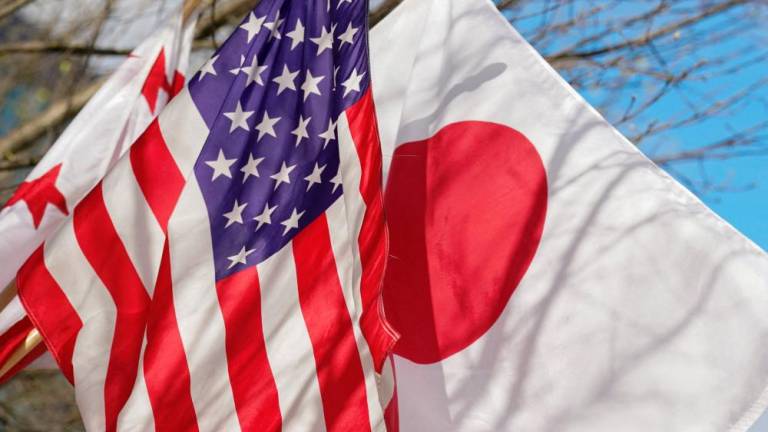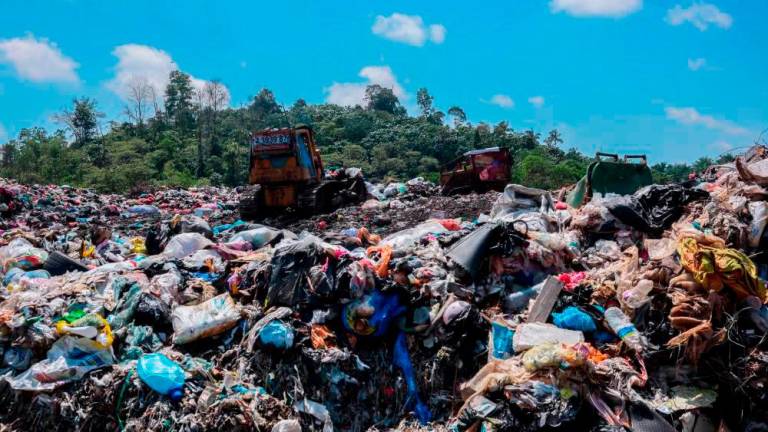“CONSPICUOUS consumption” is defined as “spending in a lavish or ostentatious way especially to impress others with one’s wealth”, according to the Collins English Dictionary. It is typically associated with the wealthier class, looking for ways to display their wealth and assert their social status.
The term was coined by economist and sociologist Thorstein Veblen in his book, The Theory of the Leisure Class, in 1899. He studied the consumption patterns and leisure activities of wealthy Americans of his time. Today, the concept of conspicuous consumption is as relevant as ever.
More and more people around the world are living more affluent lives compared to a few decades ago. Many of us live in materialistic societies where we tend to overindulge in goods and services to “keep up with the Joneses” and enhance our prestige. In addition, the advertising media plays a large role in enticing excessive consumer spending.
Demonstrations of ostentatious lifestyles happen not only in Western countries. Asians are beginning to be in the limelight for excessive consumption, especially now that countries like China are becoming more prosperous. A study by Credit Suisse showed that the number of rich Chinese has surpassed the count of wealthy Americans for the first time in mid 2019.
In a country once known for its ubiquitous cyclists and peoples’ frugality, the wedding of a Chinese film star involved a string of Lamborghinis, Ferraris, Rolls-Royces and Bentleys. In 2012, the government launched an anti-extravagance campaign trying to curtail such excessive consumption.
In India, the wealthiest man in the country built a 27-storey mansion complete with six-storey parking garage and three helipads. His daughter’s wedding celebration, with a private performance by Beyonce, was rumoured to cost about US$100 million.
We see increasing consumption as well in many Malaysian cities.
Reports on conspicuous consumption in Asia tend to focus on the social aspects, especially in contrast to the vast number of households living in poverty. The implications on the Earth’s natural environment also need to be highlighted. If growing richer always means consuming more, our economic progress will hinder efforts by environmentalists to encourage more sustainable lifestyles.
Despite an optimistic view that human intelligence and creativity will overcome the limitation of the Earth’s resources, environmental degradation is taking place at an alarming rate.
The United Nations has taken note of this. The UN 2030 Agenda, with its 17 Sustainable Development Goals, plans to harmonise economic growth, social inclusion and environmental protection for the well-being of individuals and societies. Goal No. 12, Responsible consumption and production, aims to achieve sustainable management and efficient use of the Earth’s natural resources by reducing waste generation through prevention, reduction, recycling and reuse.
There are good reasons and benefits for occasional extravagance but extreme extravagance will have both social and environmental costs. Moderation should be the key. The money used for wasteful spending could be used in more effective ways, such as philanthropic giving for the benefit of society.
It is not just billionaires who indulge in conspicuous consumption. Materialism and conspicuous consumption are on the rise among ordinary urban consumers.
There are people, including those who are not so rich, who do not see anything wrong with conspicuous consumption. They claim that those who earn such wealth have the right to spend it their way, even if they use up large amount of the Earth’s diminishing resources. In the era of sustainable development, there still exist detractors who do not understand that resources are limited.
It is not surprising that as people become richer, they buy more goods and services to raise their quality of life. But, when others are taking extra steps to save our limited resources, it is inappropriate to use the resources merely to flaunt one’s wealth. We should all be willing to do our part for the planet.
The challenge is to find ways to curtail conspicuous consumption and to popularise ideas that enable those who are economically very successful to demonstrate their riches in an environmental and resource-friendly way.
It is useful to recall economist E.F. Schumacher’s message in Small Is Beautiful: Economics As If People Mattered, written in 1973 and considered by The Times Literary Supplement one of the 100 most influential books published since World War II.
Taking the “small is beautiful” perspective means living with just enough for fulfilment, health and enjoyment, and thinking about how others can also live that way. Living with just enough, and not too much, will enable us to build economically prosperous and environmentally sustainable societies.
Datuk Dr Goh Ban Lee is interested in urban governance, housing and urban planning. Comments: letters@thesundaily.com














